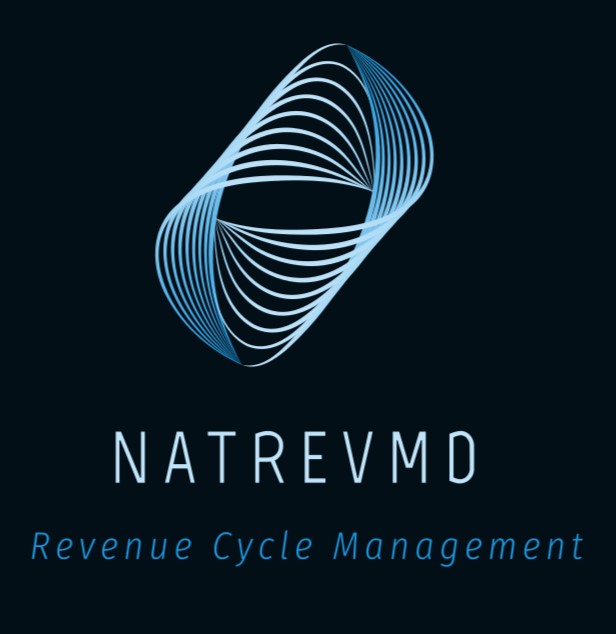In today’s rapidly evolving world of business and technology, streamlining processes and improving efficiency are top priorities for organizations. Electronic Funds Transfer (EFT) and Electronic Data Interchange (EDI) are two powerful tools that play a pivotal role in achieving these objectives. EFT and EDI enrollments have become increasingly important, offering a seamless and secure way to handle financial transactions and exchange business documents electronically.
EFT Enrollments: A Revolution in Financial Transactions
Electronic Funds Transfer, or EFT, refers to the automated exchange of funds between parties, such as businesses and financial institutions, using electronic means. EFT has revolutionized the way companies handle financial transactions and offers several advantages:
- Speed and Efficiency: EFT eliminates the need for physical checks and paperwork, speeding up the payment process. Funds can be transferred within seconds, reducing delays and allowing for more streamlined financial operations.
- Cost Savings: EFT eliminates the costs associated with printing, mailing, and processing paper checks. This not only saves money but also reduces the environmental impact associated with paper-based transactions.
- Security: EFT transactions are highly secure, as they are encrypted and require authentication. This reduces the risk of fraud and unauthorized access to financial accounts.
- Accuracy: Manual data entry errors are minimized in EFT transactions, as the process is automated and data is directly transferred between systems.
EDI Enrollments: Transforming Business Document Exchange
Electronic Data Interchange, or EDI, is the electronic exchange of business documents, such as purchase orders, invoices, and shipping notices, between trading partners. EDI is a game-changer for businesses, and here’s why:
- Standardization: EDI uses standardized formats and protocols for data exchange, ensuring that trading partners can easily interpret and process information. This reduces miscommunication and errors in business transactions.
- Increased Efficiency: Manual data entry and paper document handling are time-consuming and error-prone. EDI automates these processes, reducing the time and effort required to exchange business documents.
- Cost Reduction: Eliminating paper-based document exchange, postage, and manual data entry leads to significant cost savings. Additionally, it reduces the risk of costly errors and delays.
- Improved Accuracy: Human error is a common cause of mistakes in traditional document exchange. EDI minimizes these errors by automating the data transfer process.
EFT and EDI Enrollments in Action
To fully leverage the benefits of EFT and EDI, organizations need to go through a process of enrollment:
- EFT Enrollment: This involves setting up an electronic funds transfer system with your financial institution or payment service provider. This often requires providing bank account information, verifying security measures, and establishing the necessary permissions.
- EDI Enrollment: Enrolling in an EDI program typically involves establishing communication protocols and data standards with your trading partners. This may include setting up EDI software or working with an EDI service provider to facilitate the exchange of business documents.
Best Practices for Successful EFT and EDI Enrollments
- Choose Reliable Partners: Select trustworthy financial institutions, payment service providers, and trading partners to ensure the security and reliability of your EFT and EDI transactions.
- Invest in Training: Ensure that your team is well-trained in the use of EFT and EDI systems to maximize their efficiency and reduce errors.
- Stay Compliant: Be aware of industry regulations and compliance requirements related to electronic funds transfer and data interchange.
- Regularly Review and Update: As technology and regulations evolve, it’s essential to periodically review and update your EFT and EDI systems to stay current and take advantage of new features and capabilities.
Conclusion
Electronic Funds Transfer (EFT) and Electronic Data Interchange (EDI) enrollments are vital tools for modern businesses aiming to improve efficiency, reduce costs, and enhance security. These technologies offer substantial benefits, from faster financial transactions to streamlined document exchange, making them a crucial part of any organization’s operations. By carefully selecting partners, investing in training, staying compliant, and regularly updating systems, businesses can harness the full power of EFT and EDI enrollments to drive success and growth.





